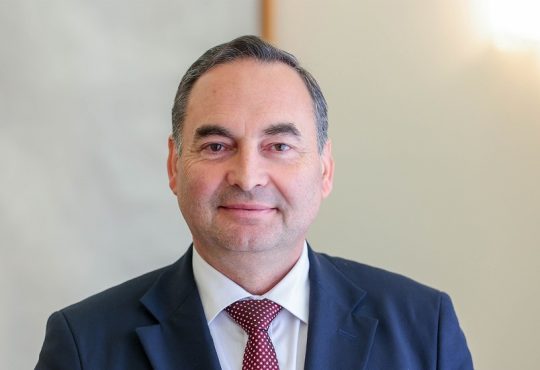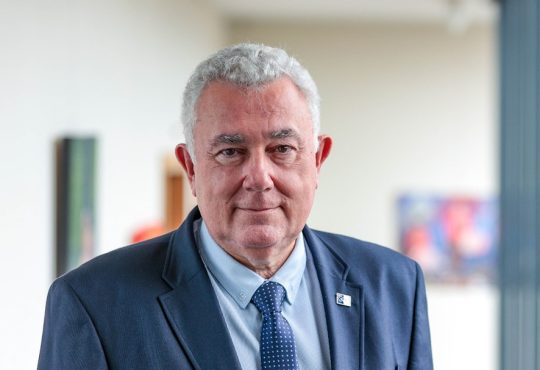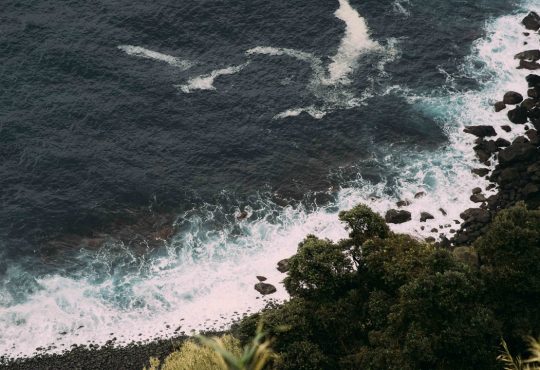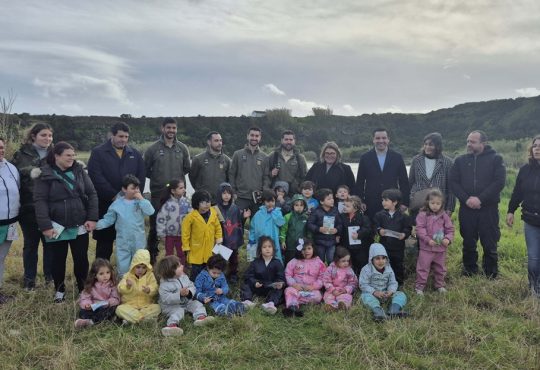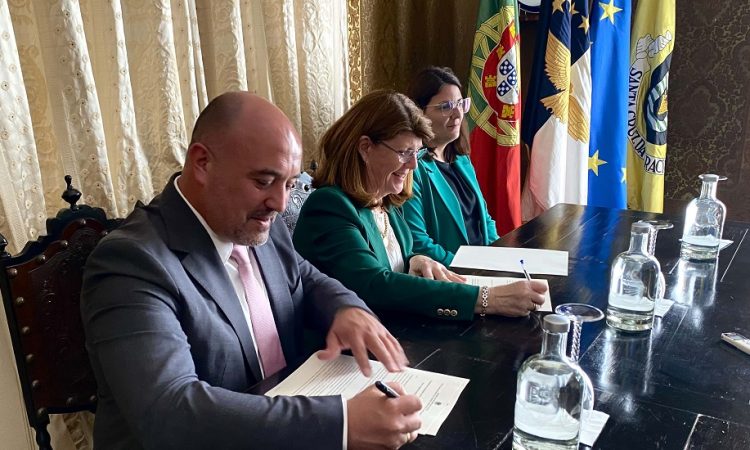
The island of Graciosa will have another charging station for electric vehicles, following a protocol signed between the Regional Secretariat for Tourism, Mobility and Infrastructures, through the Regional Directorate for Energy, and the Municipality of Santa Cruz da Graciosa.
The contract now signed aims to transfer movable property for the allocation of a regular charging station for the Electric Mobility Network of the Azores. It falls within the Plan for Electric Mobility in the Azores (PMEA), namely Measure 6, whose goal is the implementation of the public network of charging stations for electric vehicles, and Measure 20, which provides for the installation of charging stations by the Regional Government in public parking areas as well as in public buildings and infrastructures.
With the signing of this document, the Regional Secretariat for Tourism, Mobility and Infrastructures delivers to the Municipality of Santa Cruz a charging station for electric vehicles, under the LIFE IP CLIMAZ project (LIFE19 IPC/PT/000004 – LIFE IP CLIMAZ), co-financed by the LIFE programme. It will be installed in the Town Hall building and connected to the network of the Electric Mobility Network Management Entity – EGME (MOBI.E).
“The Regional Government is taking another step towards the important energy transition that is intended for our islands,” said Berta Cabral, the Regional Secretary for Tourism, Mobility and Infrastructures.
The government official reiterated that “the challenge of energy transition cannot be neglected by anyone without serious consequences for social and economic development, and climate change.
For the government official, it is becoming increasingly urgent to reduce the Azores’ energy dependence on external sources, enhance the efficiency of the natural resources available in the Region and adopt more clean energy with reduced use of fossil fuels, contributing to environmental decarbonisation.
“We need to adjust consumption practices and behaviours, eliminating waste and making more informed and rational investment decisions, whether buying a house, cars or household appliances, for example. Hence, we will be to ensure the security of supply to populations and companies, the reduction of energy costs and the reduction of greenhouse gas emissions,” she stressed.
Berta Cabral emphasised the idea that Graciosa is an example to be followed, being the “model island” and the one that registers the highest percentage as regards the use of renewable sources in electricity production.
As the feasibility of innovative private projects is evident on this island, such as Graciólica, which combines solar energy, wind energy and a storage system, the government official is peremptory: “in Graciosa, we are investing for the future by firmly allocating resources to overcome this great challenge of structural investment in soft electric mobility.”
According to the Regional Secretary, “the Azores have taken safe steps in this regard, with an assertiveness that should be maintained.”
Currently, the Region has 47 public charging stations for electric vehicles, covering all municipalities of the Azores, which corresponds to 108 charging sockets connected to MOBI.E.
Under the LIFE IP CLIMAZ project, another 40 charging stations will be implemented, providing the regional network with a total of 87 charging stations for electric vehicles.
GRA/RÁDIOILHÉU



